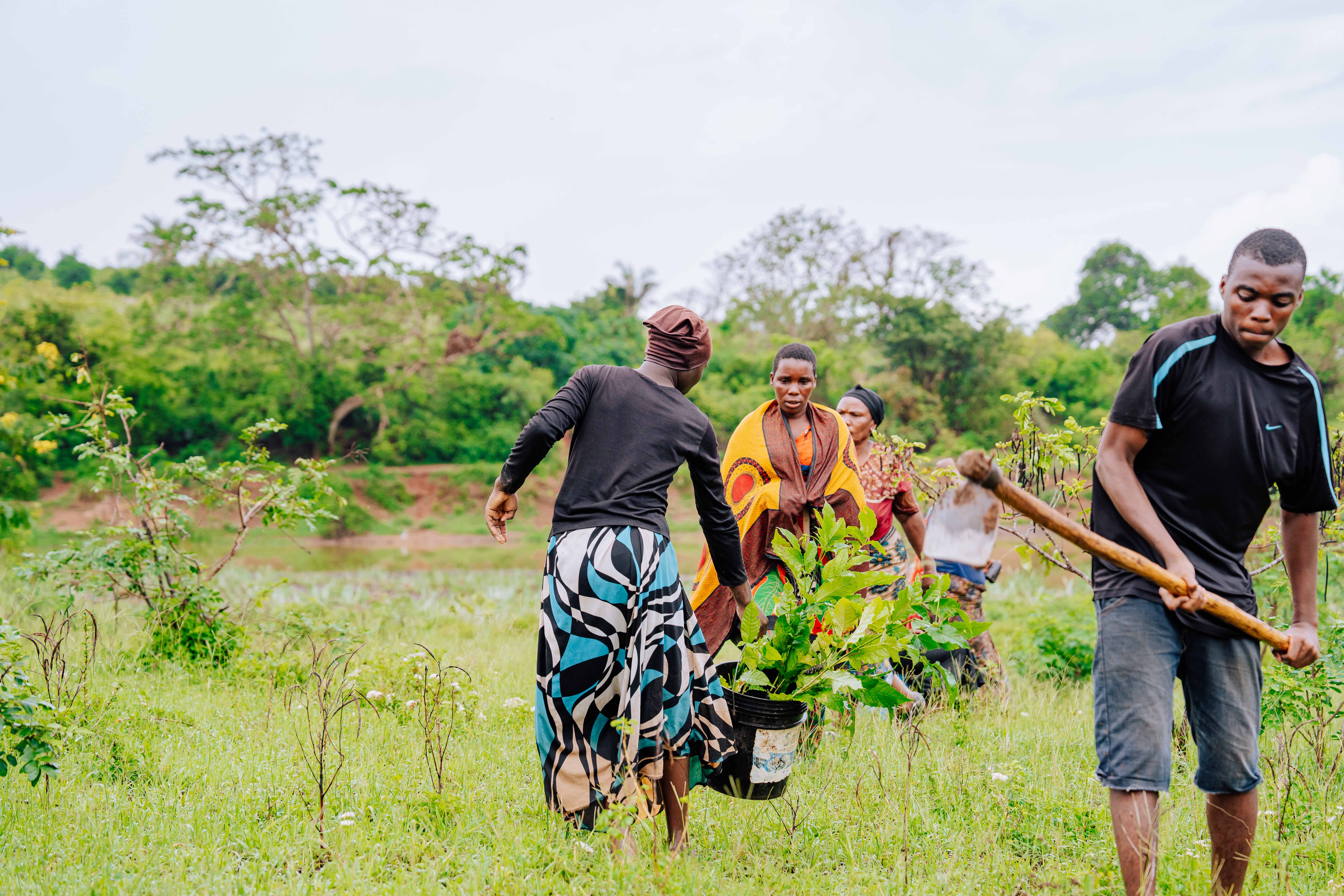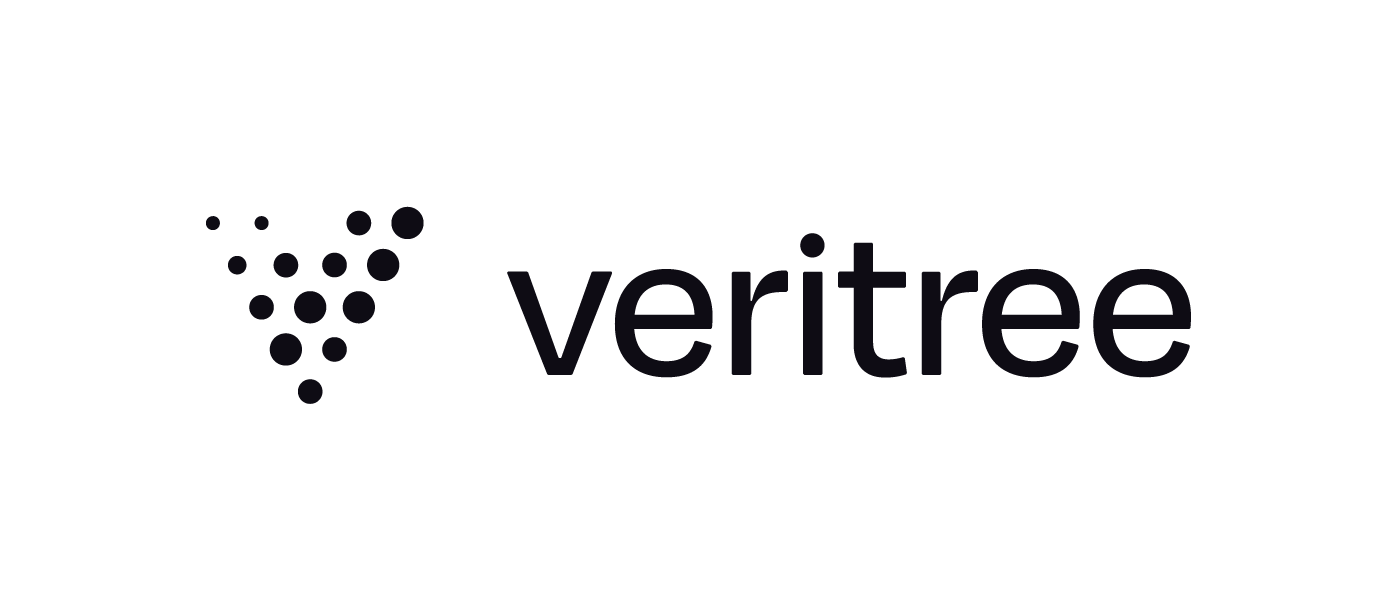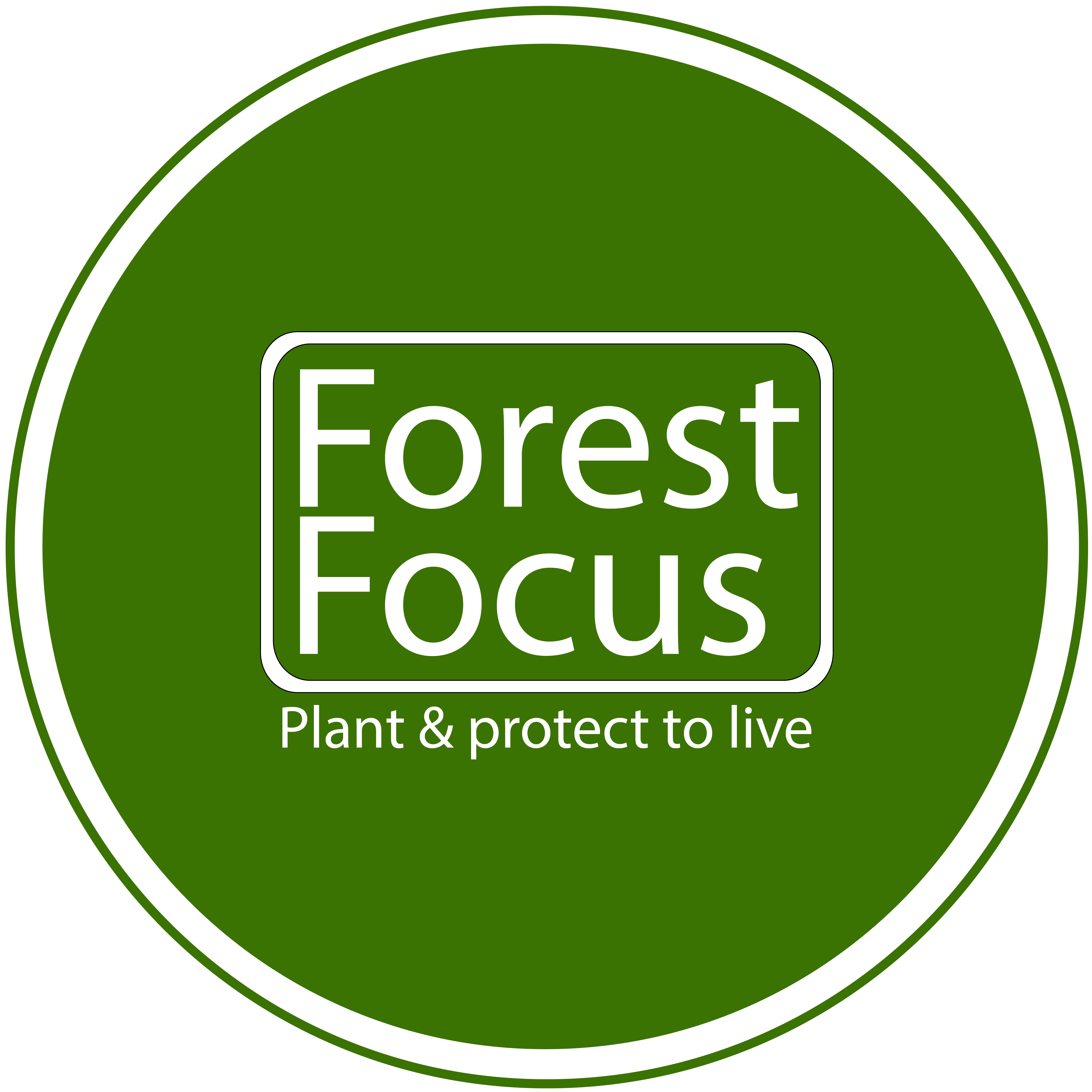
Chooose from our selection of tree planting projects across the globe.
Trees capture and store carbon over their lifetime– the tonnes of carbon captured varies depending on the project and tree species.
But that's far from its only benefit.

Trees clean the air, filter water, regulate rainfall, improve soil quality, offer shelter and reduce flooding.

Trees provide work, improve crop yield, generate income sources and help the local economy.

Trees support different species of animals, invertebrates, plants, fungi, lichens and mosses.

Trees help healthy forests re-emerge, restoring animal habitats, purifying water sources, replenishing soil, controlling flooding and improving weather patterns.

We work with tree planting projects which align themselves directly with 10 of the 17 UN Sustainable Development Goals (SDGs).
The UN SDGs have created a global partnership for countries to unify and tackle social, health and economic inequalities, whilst protecting and preserving our planet.

Veritree is a tree planting organisation, created to scale restorative actions embedded in trust and transparency using technology. They co-create tree planting projects using ground-level technology, a science-based restoration framework, and remote sensing capabilities, in partnership with local communities. Importantly to us, and our users: • All impact is verified, centralised and digitalised on a blockchain ledger • Carbon, biodiversity, water, soil and socioeconomic impact are verified and monitored using on-the-ground and remote sensing technologies. • Real-time data is collected from the field and uploaded onto a partner portal, including planting updates, images, videos, planting paths, trail camera footage and more.

Forest Focus is a tree planting organisation on a mission to resolve extreme poverty and alleviate the effects of climate change. They help rural communities plant agroforestry trees to secure food and income while restoring and protecting local forests. In addition, they: • Use traditional soil revitalisation methods, which are proven to be effective, economical and easily implemented by local villagers. • Ensure 20% of all trees planted are agroforestry trees including marketable nut, fruit and spice trees. • Donate a percentage of each tree sale towards community development projects aimed to minimise the impact of extreme poverty.

Extensive methods are used by our tree planting partners to monitor, track and report on the trees planted and the overall performance of the project.
Forest Focus use a number of tree tracking apps, including tracking and monitoring software Greenstand. This information is used in conjunction with:
Veritree use a variety of methods to verify and monitor carbon, biodiversity, water, soil and socioeconomic impacts and to provide real-time data, images, videos and planting updates. These methods include:
All impact is then verified, centralised and digitalised on a blockchain ledger.
 Copyright by Eco Credits Limited, t/a More Trees by THG Eco - 2023
Copyright by Eco Credits Limited, t/a More Trees by THG Eco - 2023